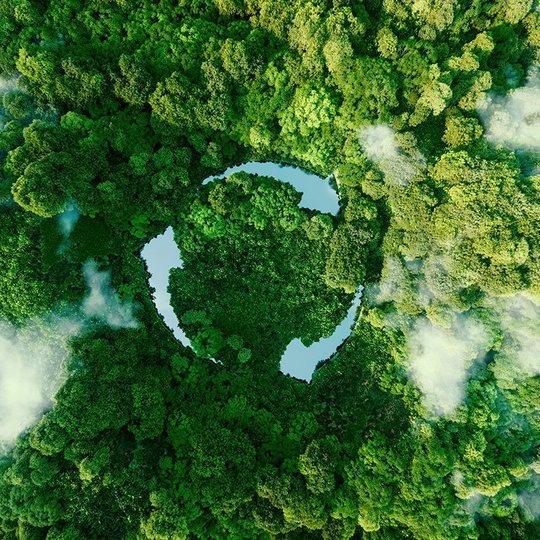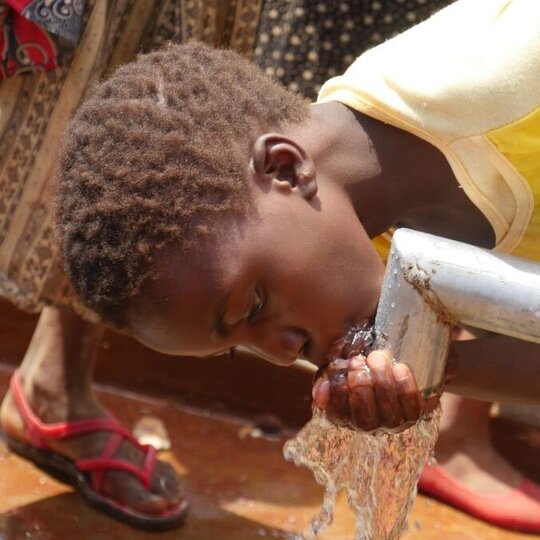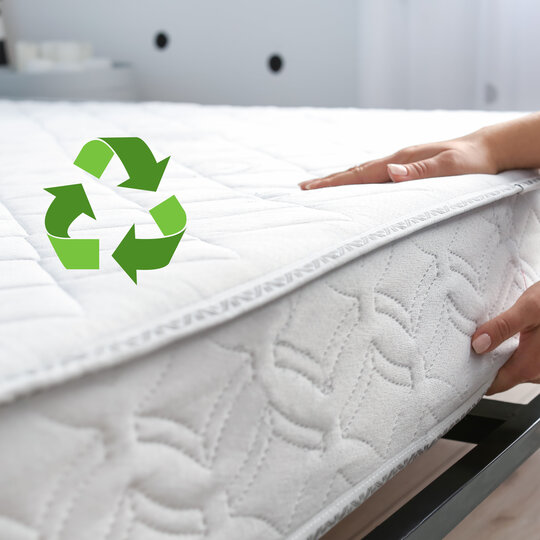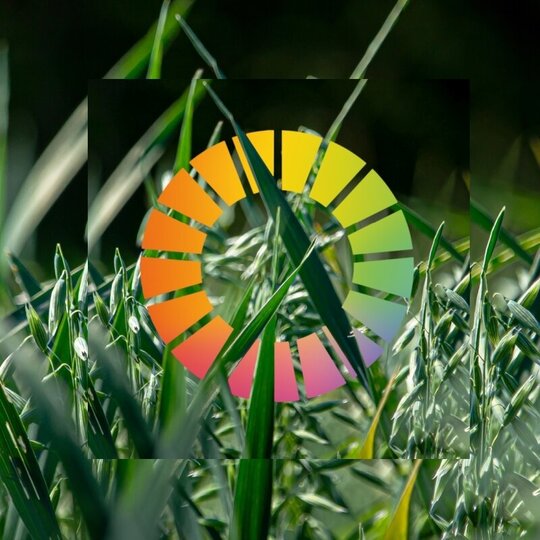A second life for non-sortable pur waste


The comfortable mattress, the filter foam or the sustainable boiler insulation: all these products offer us added value every day and make life more comfortable and safer. The foam specialist NEVEON focuses on the topic of circular economy and researches different recycling processes.
NEVEON, a leading manufacturer of standard and special foams in 300 different qualities as well as products made from them, takes a holistic approach to the topic of circular economy. This starts with sustainable product design and the claim to develop resource-saving, durable and recyclable products, continues with waste avoidance and the processing of the company's own post-production waste into valuable composite foam products, and ends with the collaborative development of new, innovative recycling processes or the use of post-consumer recycled materials.

Researching new recycling processes
The NEVEON team, a divisional company of Greiner AG, is paying particular attention to researching innovative recycling processes. "The optimal recycling of polyurethanes (PUR) at the end of their life cycle will require not one, but several solution paths. Especially also for composite materials and heavily worn mattress and furniture waste, processes are needed that represent a significant improvement over thermal recycling," Iris Felbauer, NEVEON Project Manager/Scientist Advanced Materials Group R&D Innovation Excellence, is convinced. For this reason, NEVEON is conducting research in the project "HTC-PUR" project, together with the CHASE Competence Center and the Transfer Center for Plastics Technology (TCKT), NEVEON has been working since July 2021 on a new process to recycle PUR waste that cannot be sorted. Important findings have already been obtained here on the processing of PUR foam in the extruder.
Continuous extrusion process
The main focus of research is on the question of under which process conditions, with which auxiliary materials and which process setups the best results can be achieved in this chemical recycling process in the extruder. Among other things, this involves investigating the optimum material preparation, developing a solution for the continuous metering of foam and auxiliary materials at various scales, and dealing with the severe volume reduction in terms of process technology. In addition, the concept design and proof of concept for the recovery of valuable nitrogenous components are available. In addition, the evaluation and development of suitable analytical methods for the characterization of the products generated in the process is essential. "The joint project work means that we now have a 'big picture' of the opportunities offered by the process, and in the process we have been able to demonstrate how even heavily contaminated PUR foam residues could be recycled. And this is very much in line with our NEVEON Purpose 'Rethinking Foam. Making Life Better.'", Felbauer is pleased to report.
HTC-PUR project partners:
- NEVEON Austria GmbH: https://www.neveon.com/en/
- Competence Center CHASE GmbH: www.chasecenter.at
- Transfer Center for Plastics Technology GmbH: https://www.tckt.at/en/
This project is funded by the Upper Austrian government within the framework of the FFG tender
"OÖ2020 - Circular Economy" with funds from the Upper Austrian economic and research strategy #upperVISION2030.
This article also appeared in the June 2023 issue of KC-aktuell (The magazine of the plastics industry), p. 15.
Issue title: Fascination plastics. Circular economy needs new training.
KC-aktuell article (in German only): https://www.kunststoff-cluster.at/news-presse/detail/news/zweites-leben-fuer-nicht-sortierbare-pur-abfaelle
For questions or further information regarding the HTC-PUR project:
IRIS FELBAUER
Scientist Advanced Materials/Group R&D Innovation Excellence
[email protected]
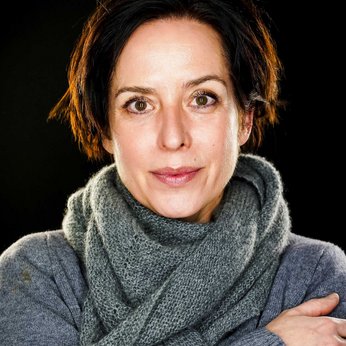

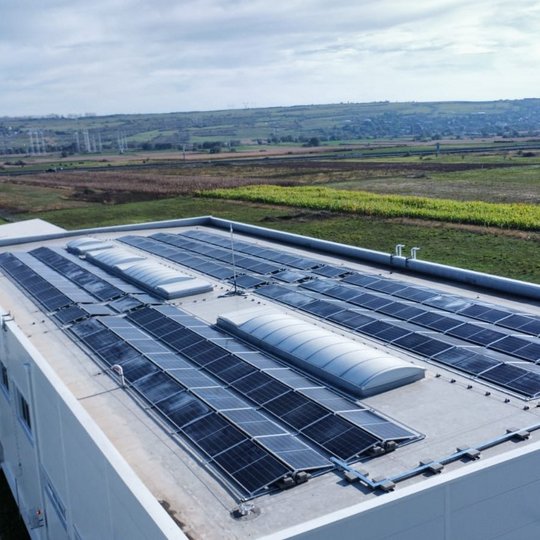
![[Translate to Englisch:] [Translate to Englisch:]](/fileadmin/_processed_/8/b/csm_NEVEON_VcA_Projektreise_2023_IMG_4683__Large__0fdfe0b4eb.jpg)
![[Translate to Englisch:] [Translate to Englisch:]](/fileadmin/_processed_/2/9/csm_Matratzen_Recycling__Large__90a7f6ded1.jpg)

